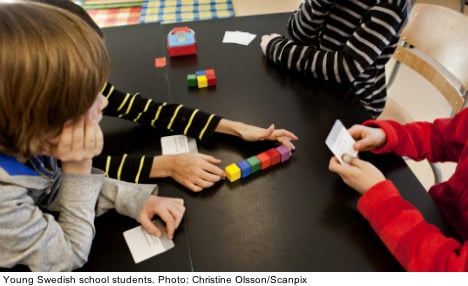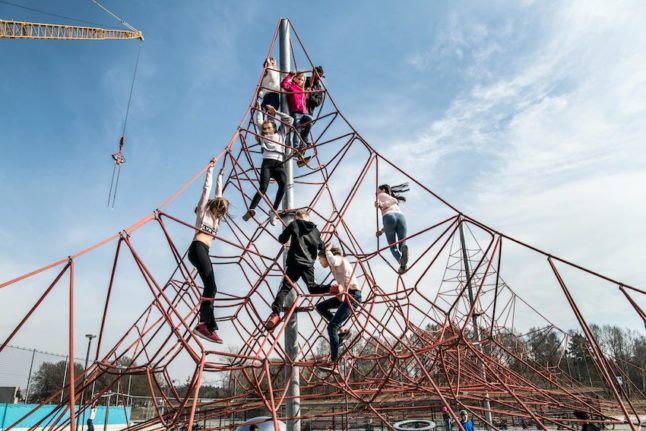The control of organizations running schools is too lax, said French parliamentarian Rudy Salles, who is looking into the matter for the Council of Europe Parliamentary Assembly (PACE).
“A sect can set up a school and give the appearance they are following the national curriculum,” he told the Swedish TT news agency.
“But during lessons they could be influencing the children with the ideologies of the sect.”
“We do not want this for the children,” said Salles who in May 2013 will present the report to PACE.
The study also looks at France, the Netherlands, Ukraine and Germany.
Salles thinks one weakness in the Swedish system is that the teachers do not become municipal employers when they are hired by the freestanding organisations. In France, even free school teachers are on the payroll of the state.
“The Swedish system is made vulnerable by this,” Salles said.
He also spared little force when critiquing the Swedish School Inspectorate for visits and reviews that he deemed too shallow.
“It is important that the state and different authorities do more checks,” Salles said.
He said sects can pose a particular problem as many of them operate across borders and have deep coffers from which to fund the move into education. He cited Scientology and Jehovas Witness as examples.
TT/The Local/at



 Please whitelist us to continue reading.
Please whitelist us to continue reading.
Member comments